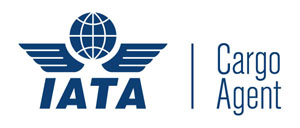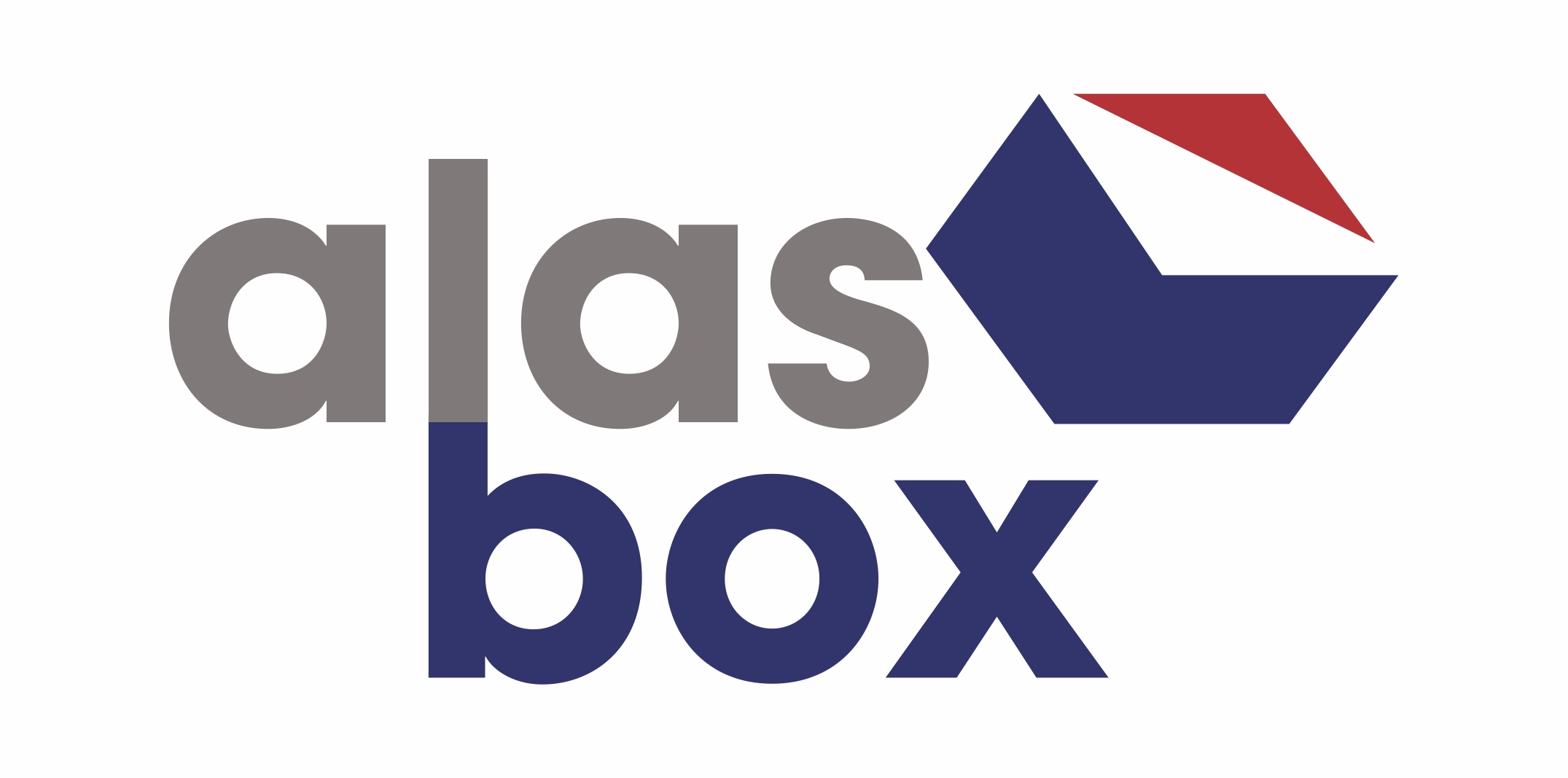Paquete Australia Express
enviar paquetes a Australia, parcel service to Australia, enviar cajas a Australia
IMPORTING BY POST OR MAIL
envios de paqueteria a Australia por el sistema courier
Overview
If you receive parcels in the mail from outside Australia you are the importer of those goods, even if the goods were unsolicited.
All goods imported by post or mail (whether for commercial purposes or personal use) are assessed for community protection risks, permit and import requirements, duty, taxes and other charges.
If you receive gifts or donated goods through the mail, these are still subject to assessment for duty, taxes and other charges (where applicable).
This page provides details about the importing process for low value goods. For detail about the law applying GST to low value imported goods and how this is collected see Tax on retail sales of goods and services into Australia on the ATO website.
All imported goods are screened by the Australian Border Force and the Department of Agriculture and Water Resources.
Prohibited or restricted goods
If your goods arrive in Australia by mail and are prohibited goods under any Commonwealth law, we can hold the goods until you can produce a permit or approval to import the goods.
If you have imported prohibited or restricted goods, we will send you an Information Sheet (Seizure of Prohibited/Restricted Imports) advising that we are holding your goods and why, what you need to do, and who to contact for assistance.
Goods with a value of AUD1000 or less
Goods that arrive by mail and have a declared or assessed value of AUD1000 or less, there are generally no duties, taxes or charges at the border, unless they are alcoholic beverages.
However, the Goods and Services Tax (GST) may be collected by overseas vendors of such low value goods when imported from overseas by consumers in Australia (excluding alcoholic beverages). GST will be charged at the point of sale and not at the border.
For more information, see GST on low value imported goods.
Once cleared by us and Agriculture, these goods will be delivered to you by Australia Post.
Note: When goods are assessed for value, we may request evidence from you as to the value of the goods. In this case, you will receive a letter requesting you to provide evidence to substantiate the declared value.
If the declared value of your goods is accepted by us, your goods will be delivered to you by Australia Post.
If the declared value of your goods is not accepted by us, you will be sent a First Notice by Australia Post.
Goods valued over AUD1000
If the goods you have imported have a declared or assessed value of over AUD1000, you will be sent a First Notice by Australia Post advising that you will need to lodge an Import Declaration with us for the goods.
The Import Declaration will be assessed for duty and taxes and an import processing charge (83KB PDF) will also be applied. After you have lodged your Import Declaration, we will advise you of the amount you need to pay before your goods can be delivered.
Goods with a value over AUD1000 are unable to be to be delivered by Australia Post unless an Import Declaration is made and any duty, taxes and charges owing are paid in full
If you take no action within 30 days of receiving a First Notice then Australia Post may return the goods to the sender (excluding tobacco and tobacco products).
Alcoholic beverages
If you import alcoholic beverages by mail with a value of AUD1000 or less, we will send you an invoice advising the duty and taxes payable. You need to pay this invoice before your goods will be delivered to you.
If the goods have a value of over AUD1000 you must lodge an Import Declaration.
If you choose not to pay for the duty and GST on the alcohol products within 30 days of the payment advice, the goods may be returned to sender.
Tobacco products
Most tobacco products are 'prohibited imports'. This includes cigarettes, molasses tobacco and loose leaf tobacco. Exemptions to this prohibition apply for cigars, chewing tobacco and snuffs intended for oral use up to 1.5kg.
Prohibited tobacco products cannot be imported by international post or mail. The Australian Border Force will seize prohibited tobacco products that arrive by post as a prohibited import and the goods will be destroyed.
You must pay the applicable customs duty and taxes on any imported tobacco at the time of importation, in order to receive your goods. If you choose not to pay the duty and taxes within 30 days of the invoice, the goods will be treated as abandoned and will be destroyed.
Tobacco or tobacco products cannot be returned to sender.
Further information on the measures is available at Prohibited goods - Tobacco.
One parcel for multiple people
If a parcel (one consignment (324KB PDF)) addressed to you contains goods or packages for other people (such as your friends or relatives) and the parcel has a declared or assessed value of more than AUD1000, you will need to lodge an Import Declaration. Duty, taxes and charges, where applicable, are payable for all the goods in that parcel.
Customs law does not permit a parcel to be split or broken down into separate items for assessment, even when the items were imported for other people.
Import Declaration (N10) - Post (B374 Form)
An Import Declaration is a statement made to us providing information about imported goods. There is a specific Import Declaration that may be used when importing goods by mail.
The Import Declaration (N10) – Post (B374 Form) (722KB PDF) can be found on the forms page of the website.
Follow the instructions provided on the Import Declaration. Do not leave any boxes blank unless marked as optional.
Most of the information required to complete the Import Declaration can be found within the commercial documents you have for your purchase. If you have received a First Notice from Australia Post it will contain most of the information required as well as advice on completing the Import Declaration. The reference number contained on a First Notice must be entered on the Import Declaration.
You can declare different types of goods in your parcel(s) on the one import declaration.
You can also claim concessional treatment on your imported goods, if applicable, and you know the relevant item number and/or a respective by-law found in Schedule 4 of the Customs Tariff Act 1995. Concessional treatment might also be applicable under a Free Trade Agreement.
Instead of lodging the B374 Form, you can lodge a full Import Declaration by completing an Import Declaration (N10) – Form B650 (720KB PDF). This is a more comprehensive form that allows for multiple types of goods, multiple uses of concessions, exemptions and other instruments not usually associated with goods imported by international mail.
More information about declarations for imported goods is available: Declarations for imported goods.
It is an offence to make false or misleading statements in a declaration to the Department.
Lodging an Import Declaration
You can lodge your completed Import Declaration in any one of the following ways:
- by email, mail, fax or in person* with us.
- a licensed customs broker can lodge an Import Declaration on your behalf. Licensed customs brokers are listed on our Brokerages page or by searching your local phone directories or online.
* You can only lodge your declaration in person at certain offices. See our contact us page for the nearest location.
If you are lodging your Import Declaration by email, no signature is required, however, the following information must be included in the email:
- for individuals, include your full name separately in the same email
- for organisations, include the name and ABN of the organisation separately in the same email and the full name of the individual sending the email.
If you are lodging your Import Declaration by mail, fax or in person, you must print and sign the Import Declaration.
Contact details for lodging your import declaration
Email: postimportsnsw@abf.gov.au
Fax: 02 8339 6708
Postal Address: Locked Bag 3000 Sydney International Airport NSW 2000
Payment Methods
If you receive an invoice or payment advice from us, there is a Payment Options section located at the bottom of document that details all options available to you.
More information about payment options can be found at Paying invoices to the Department.
Note:
- We do not accept personal cheques for the payment of duty and taxes for postal imports.
- We will pass on merchant fees for credit/debit card payments. This fee is not subject to GST and is equal to the fee that we incur from our bank.
Parcel enquiries
Australia Post is the carrier of international mail and has sole responsibility for delivery of your postal article. For enquiries regarding the delivery of your parcel, contact Australia Post on 13 13 18.
For enquiries regarding an Import Declaration or a payment you have made to the Department, contact us.
For enquiries regarding biosecurity matters, contact the Department of Agriculture and Water Resources on 1800 020 504.





















































